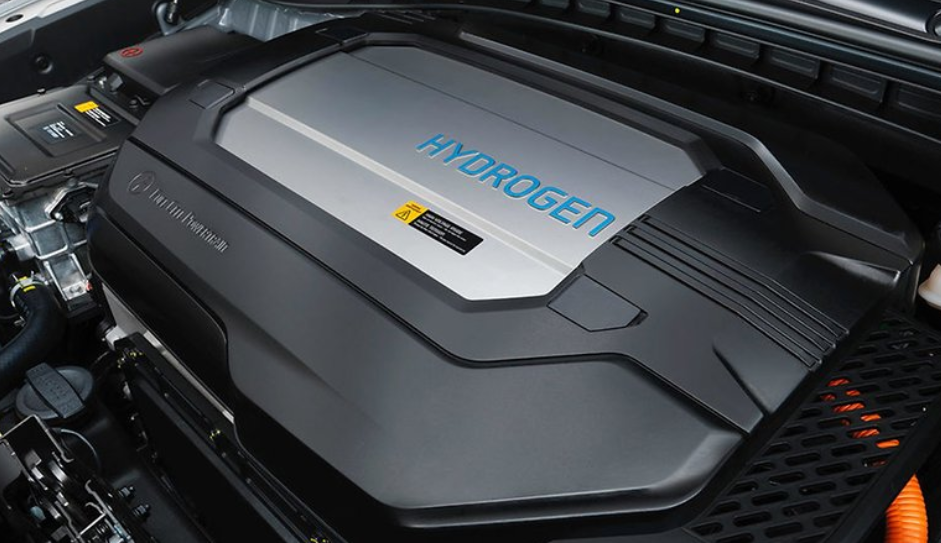Last week witnessed two major deals that have the potential to transform the fledgling green hydrogen industry. The governments and corporates have been are scouting for energy deals that will help them achieve their international commitments for decarbonisation. This is the result of the convergence of a number of geopolitical and economic factors that have made green hydrogen a viable alternative to fossil fuels.
On Thursday, online retail giant Amazon signed a deal with Plug Power for the supply of 10,950 tonnes of green hydrogen annually, making the fuel central to its clean energy strategy. Green hydrogen will power Amazon’s long-haul trucking fleet and fulfilment centres, accelerating the retailer’s net zero drive.
Two days earlier, German Chancellor Olaf Scholz signed a deal with Canadian Prime Minister Justin Trudeau for import of green hydrogen from Canada. The countries propose shipping of hydrogen from Canada beginning 2025. Germany, dependent on Russia oil and gas for powering its large industry, is looking to reduce its dependence on Russia following the latter’s invasion of Ukraine in February. The shift to green energy is high on Chancellor Scholz’s agenda.
The replacement of fossil fuels with green hydrogen is key to achieving the climate goals of Paris agreement 2015. Green hydrogen is seen as the clean fuel that will replace carbon fuels in energy intensive sectors such as transport, steel and cement. The current spurt of investments in green hydrogen is triggered by a disruption in the energy economy due to the price of the green fuel falling below the global LNG prices. Another reason is purely geopolitical — Europe needs to reduce its energy dependence on Russia.
READ I Energy economy: Green hydrogen is becoming a viable alternative to fossil fuels
Green hydrogen market to grow exponentially
The green hydrogen market will grow by 50% every year till 2031, according to a study by Transparency Market Research which projects the market to expand from 2.10 billion euros (2021) to 133.58 billion euros.
The exponential growth of hydrogen market will trigger growth in the market for electrolysers, the electrical devices that breaks water into hydrogen and oxygen. Another report by Guidehouse Insights projects an 8000% growth in demand for electrolysers by 2031.
The world nations have committed to a shift to sustainable energy to ward off the dangerous manifestations of climate change. Hydrogen is seen as the most viable clean fuel alternative that can help store surpluses of solar and wind energy.
The European Union will use a third of its 1.8 trillion euro investments under the NextGenerationEU Recovery Plan to fund the European Green Deal. The European Commission has accepted a set of steps to reduce greenhouse gas emissions by more than half by 2030 from 1990 levels.
European Union is a major source of the exponential growth of the markets for green hydrogen and electrolysers. The green hydrogen drive is not limited to Europe. Major energy markets such as the United States, China and India have accelerated their plans to decarbonise their economies. Green hydrogen is a major component of these plans.

